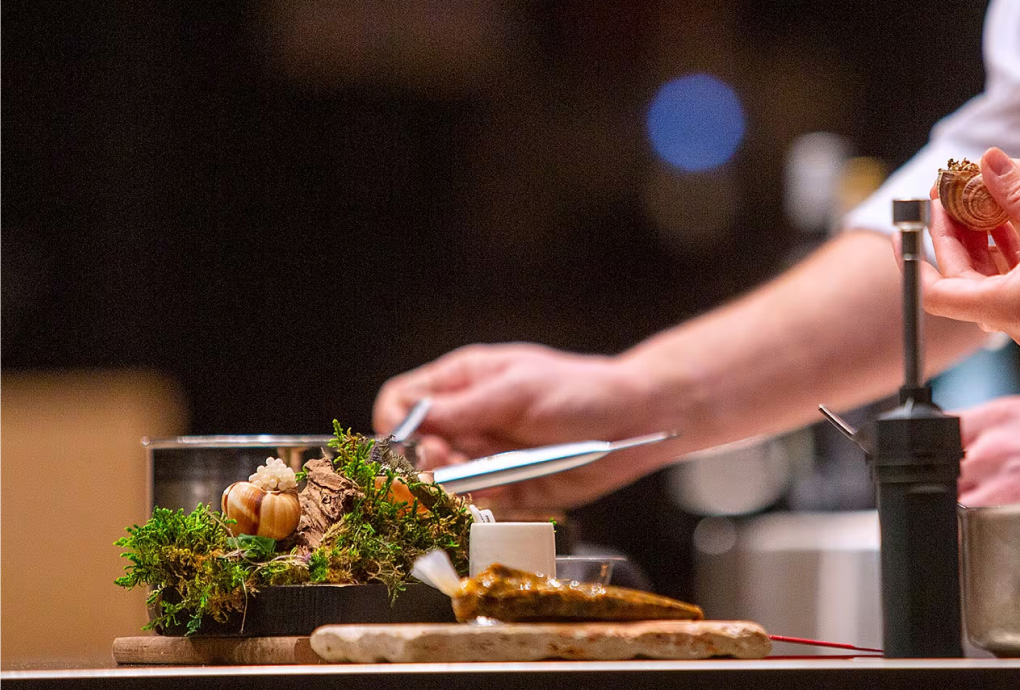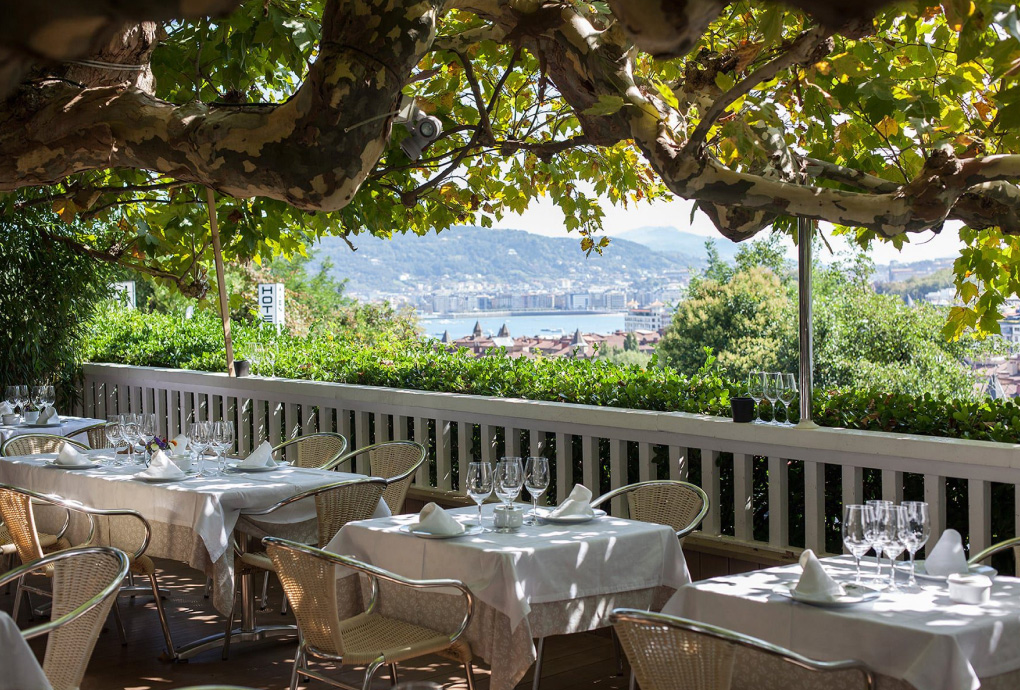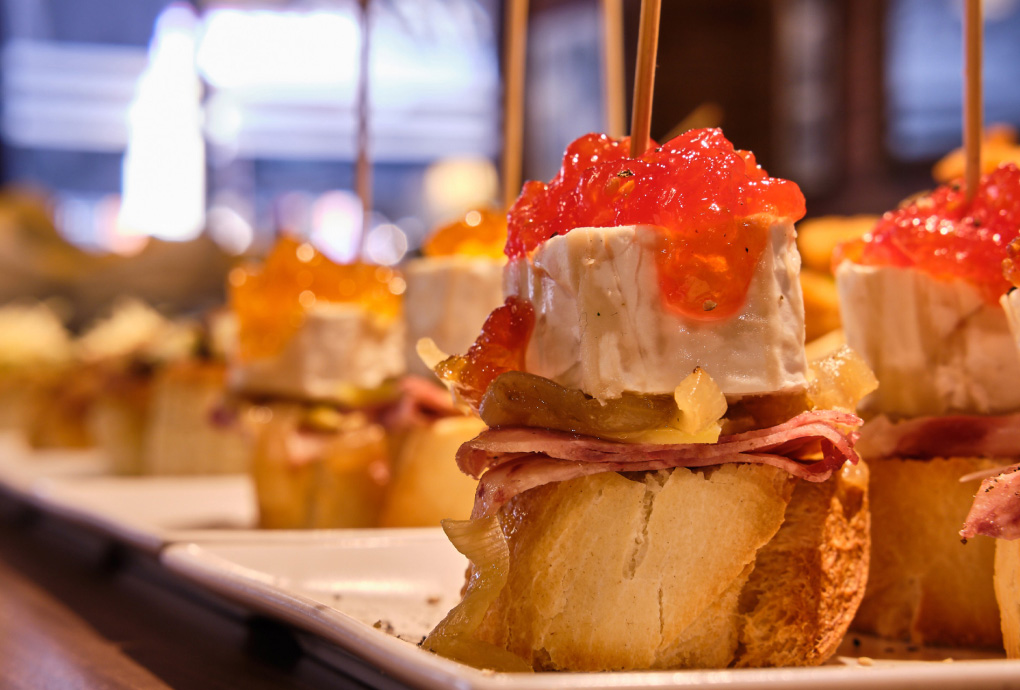Hondarribia, Basque Country
Hondarribia is a unique area where ocean, mountains and rivers come together with a wide and varied tourist offer.
The protected town has managed to preserve its great natural and historical heritage, where Roman and medieval remains, as well as turn-of-the-century and neo-Basque architecture make up the decoration of its streets.
Nestled between the sea and the mountains, it is an ideal place to go hiking in the nearby mountains, stay in rural tourism and get to know the countryside better, practise water sports, relax in one of its campsites or holiday centres, or enjoy relaxation, shopping and festivals, staying in a traditional rural house or a luxury hotel.
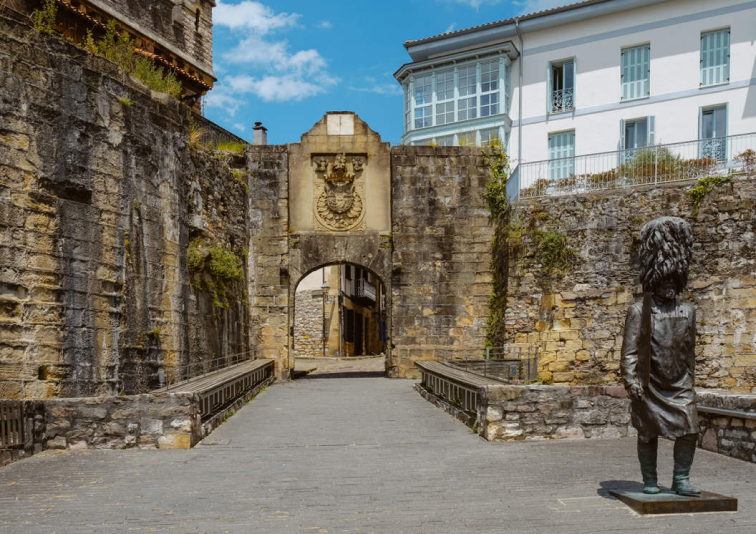
Hondarribia Beach
Hondarribia beach is situated on the easternmost part of the coast of Gipuzkoa, next to the beautiful bay of Txingudi and the mouth of the river Bidasoa. The beautiful beach of fine golden sand is 700m long. Not far from the town centre and with a wide range of restaurants and bars. It has all the services and facilities such as showers, toilets, changing rooms, children’s games, lifeguard and lifeguard and a large car park. As for water sports that can be practised on this beach, there is canoeing, windsurfing and paddle surfing. In summer, the beach has two floating structures with a trampoline and a slide.
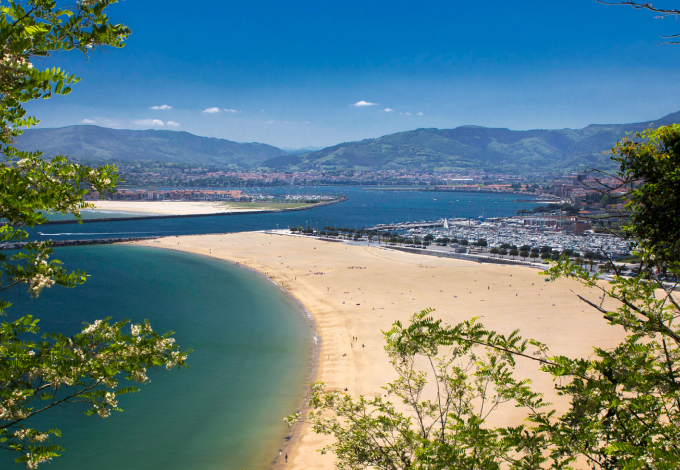
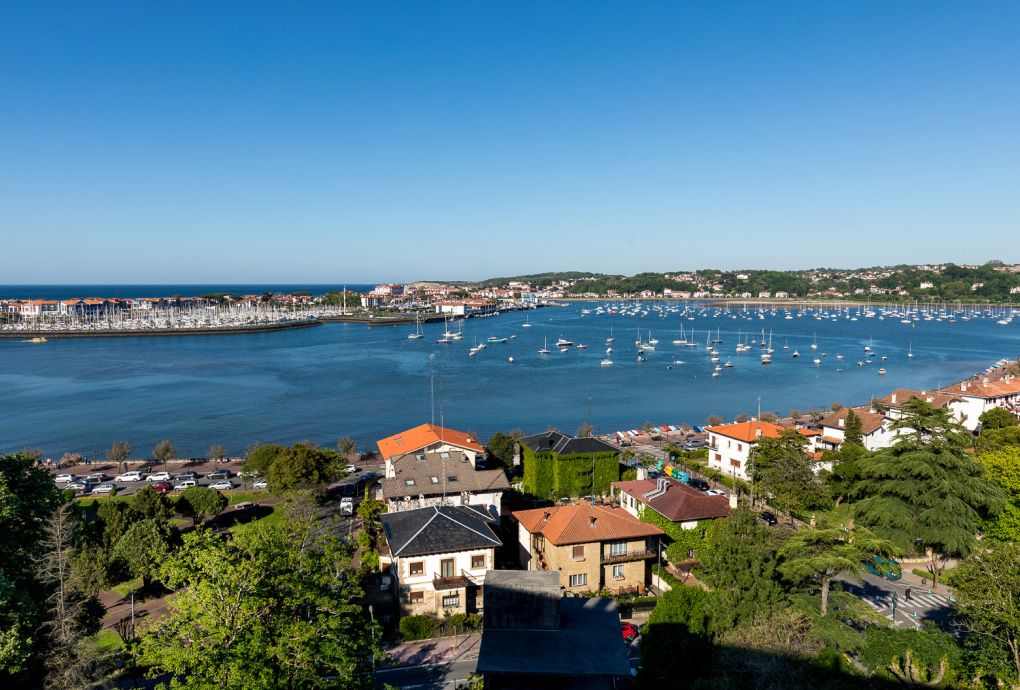
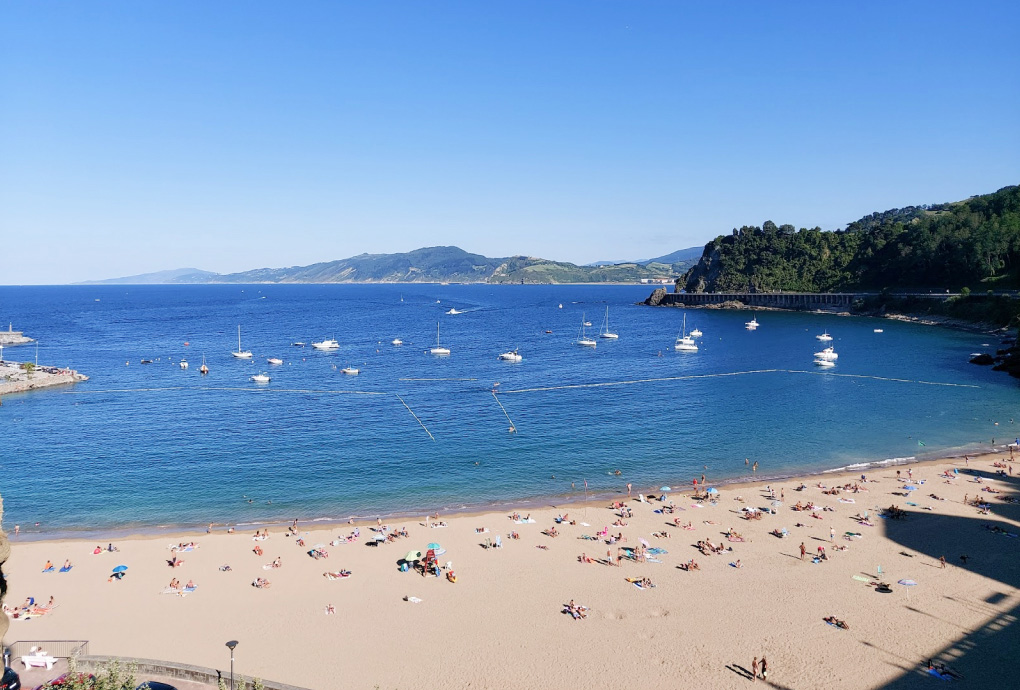
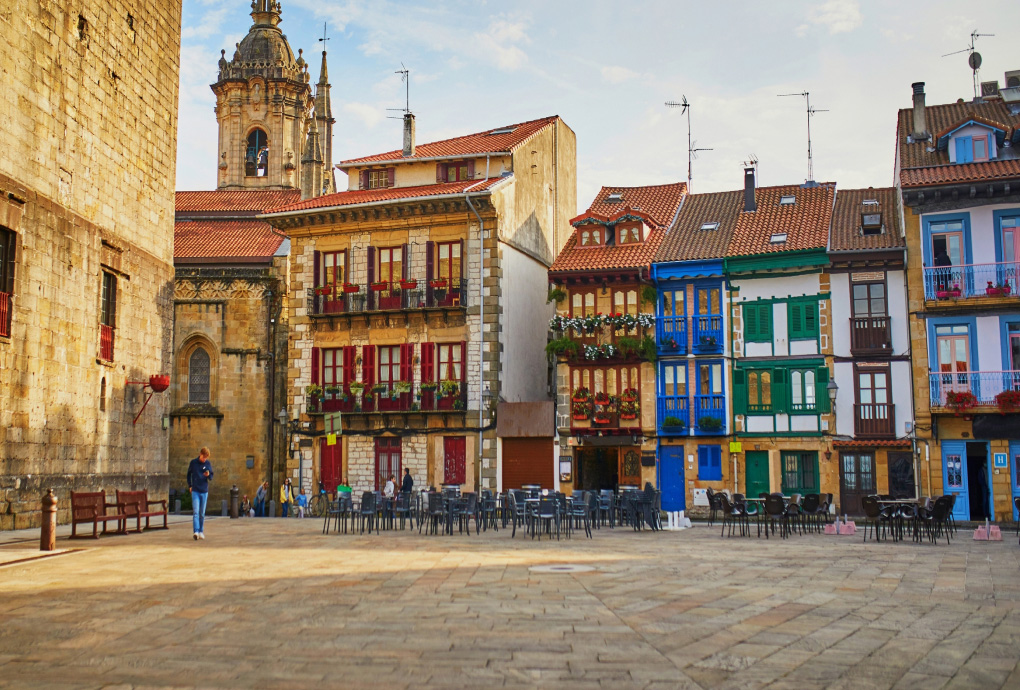
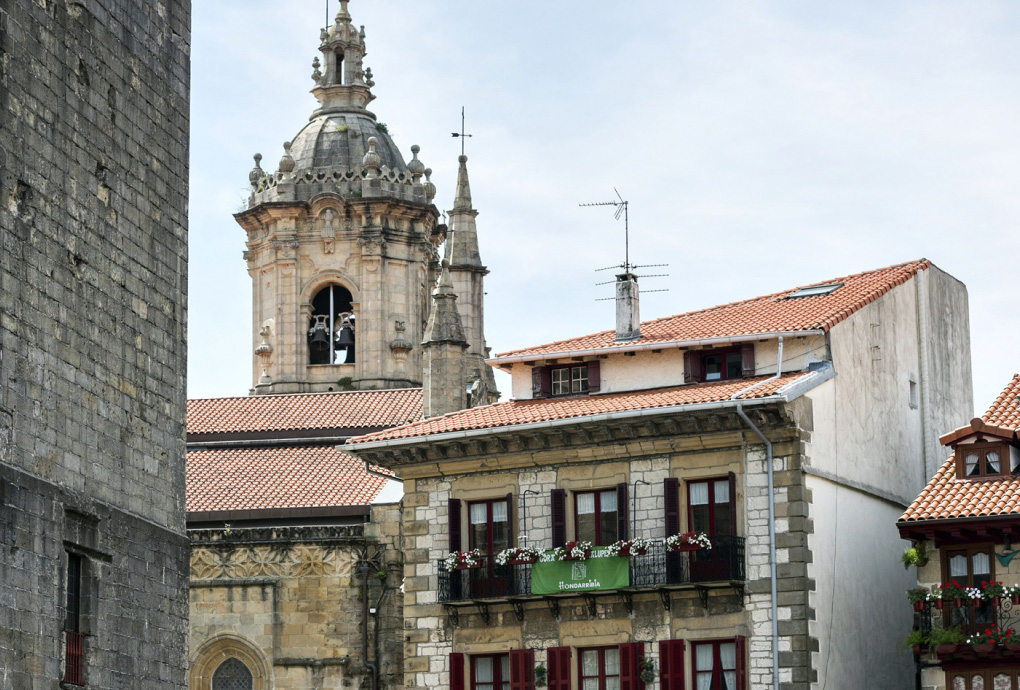
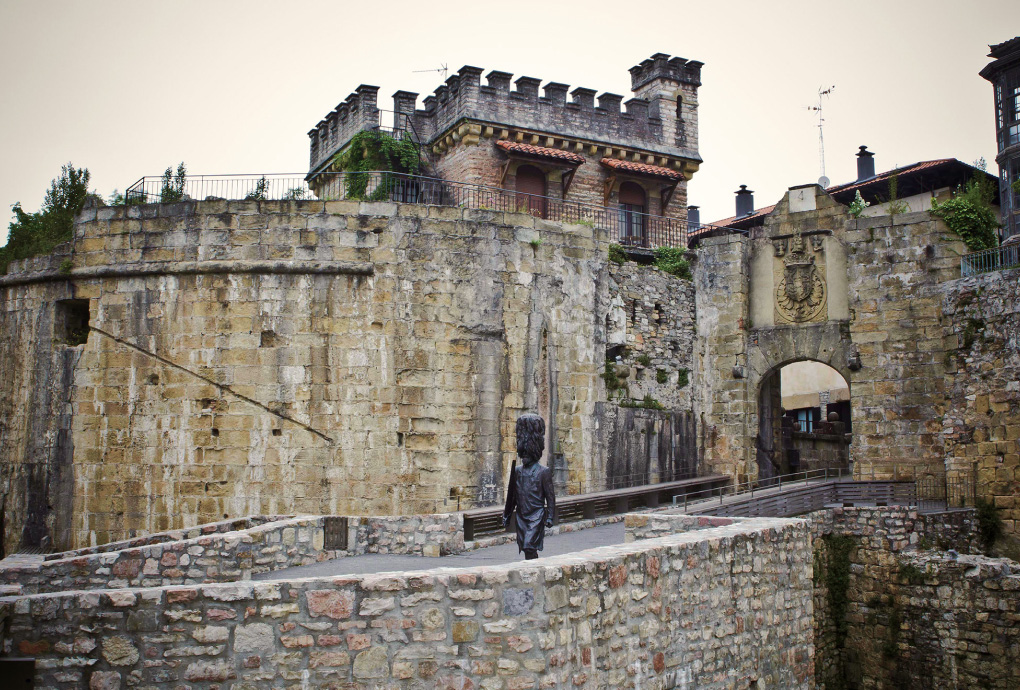
Hondarribia has history
Hondarribia is today a small town located next to the mouth of the Bidasoa River, in a particularly beautiful and peaceful spot. But its strategic location, on the border with the neighbouring kingdom of France, made it play a very important war role over the centuries, and its town centre still contains many vestiges of its heroic past, as we will have the chance to see, and it is the only well-preserved fortress in the Basque Autonomous Community.
Gastronomy and wine tourism
Gastronomy is present in every corner of Hondarribia. The city offers a wide range of proposals to enjoy its best cuisine, its products and, above all, its authenticity. A town of fishermen, but in which agriculture plays an important role, a market garden of small farms, and the txakolí with its hondarribi zuri and beltz grape… gastronomy and wine tourism. All of this makes this an unmissable event for lovers of good food.
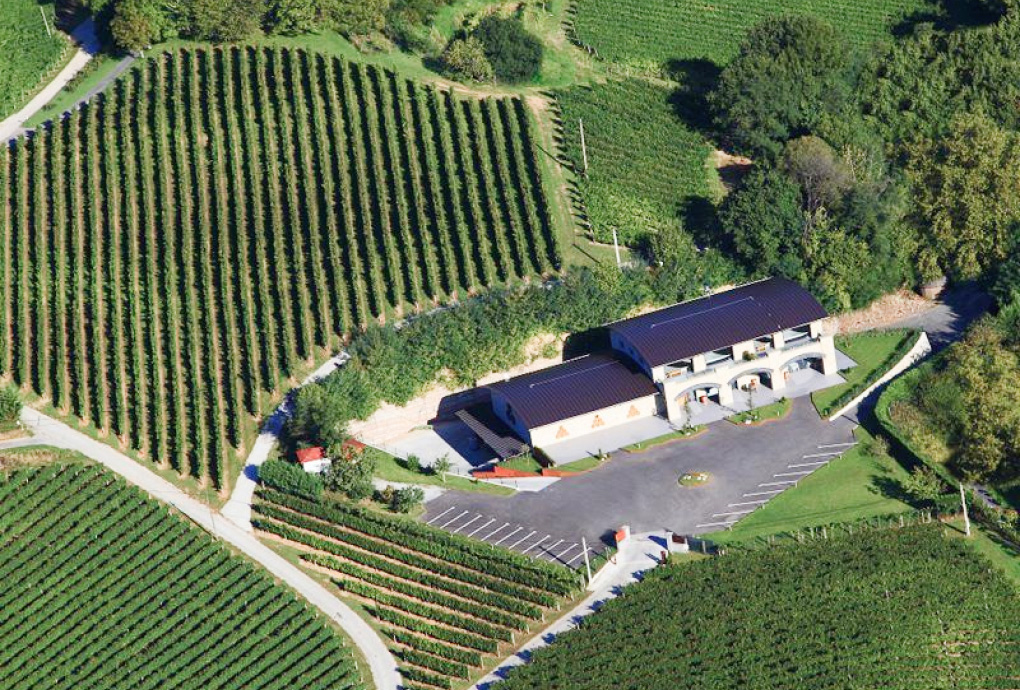
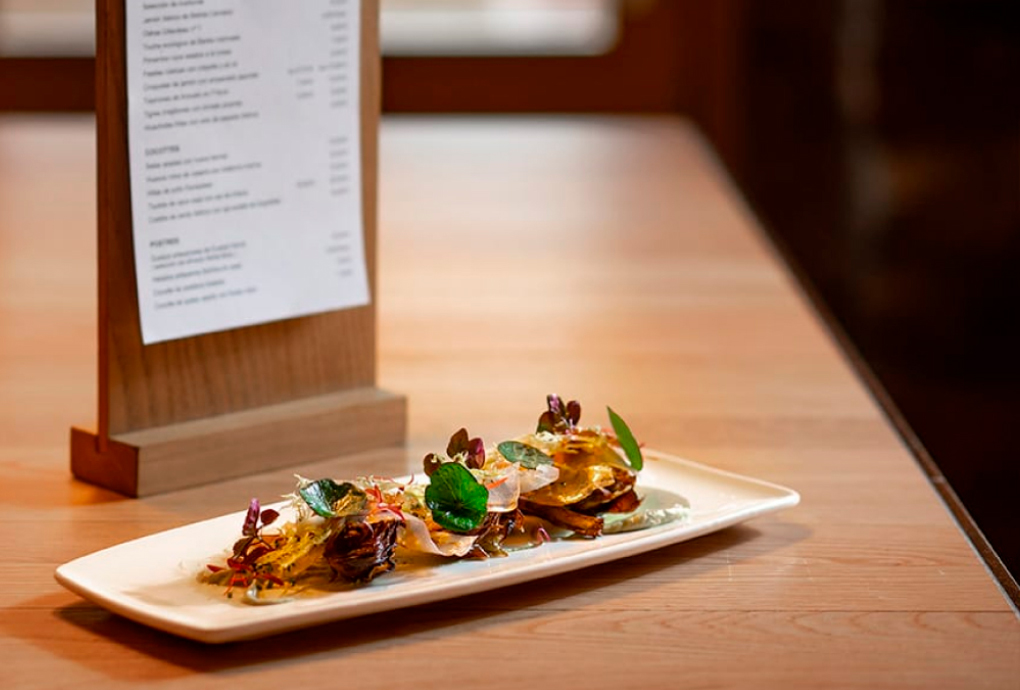
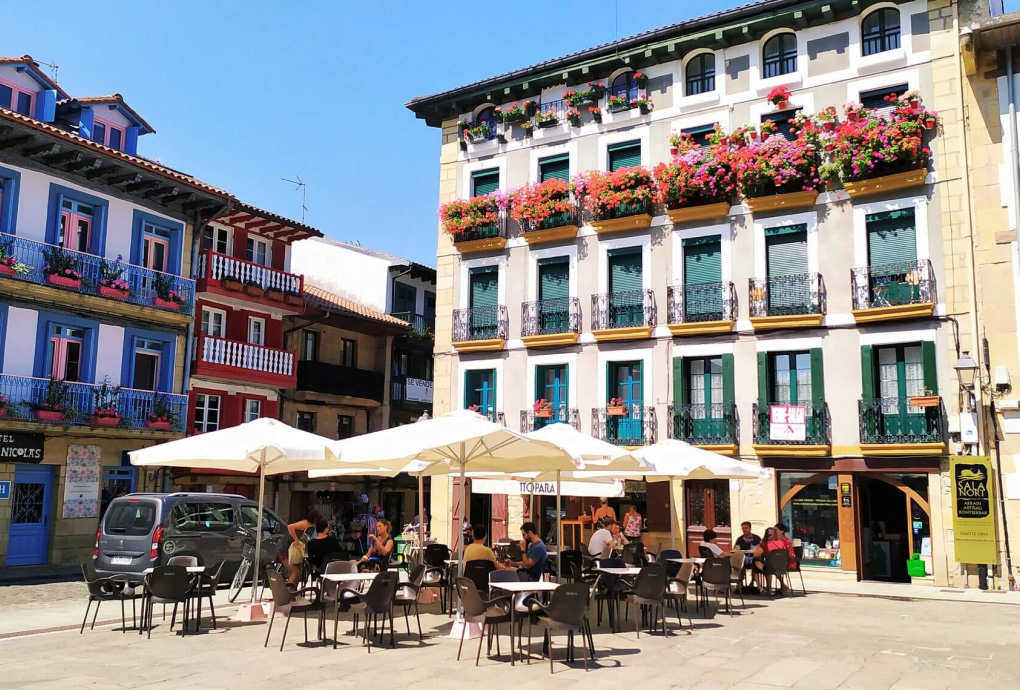
San Sebastian, Basque Country
San Sebastian is a cosmopolitan, medium-sized city (around 180,000 inhabitants), open to the sea, and renowned for its beauty and aesthetic appeal. It is a comfortable place to live and study. Situated on the Cantabrian coast, 20 kilometres from the French border, it enjoys a mild climate. The Bay of La Concha and its beach constitute an incomparable natural setting. In the middle of the bay is the island of Santa Clara and at either end are two mountains from which the whole city can be seen: Mount Urgull and Mount Igueldo. San Sebastian is a complete city that offers comfortable and accessible beaches, with entertainment options for people of all ages.
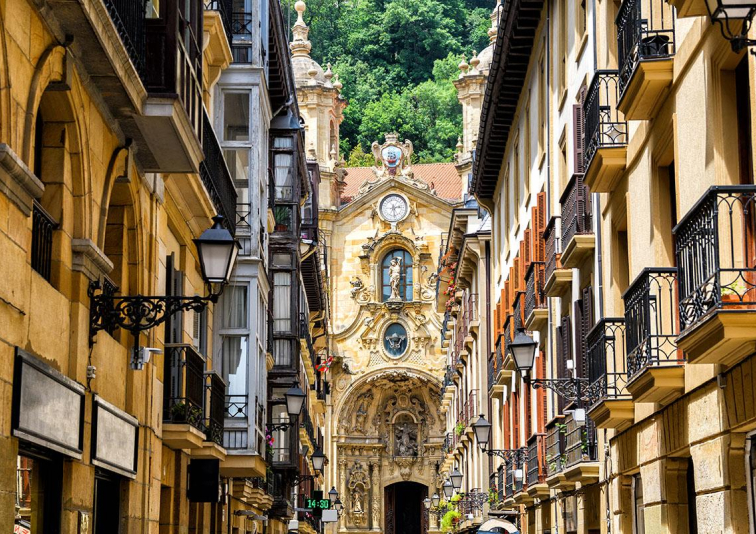
A city with three beaches
Beaches are emblematic in San Sebastian. Whether during the summer season or in winter, the city has three impressive beaches that hug the urban coastline of the capital of San Sebastian. La Concha, Ondarreta and La Zurriola are postcard beaches. They all offer a variety of recreational activities. San Sebastian is a very complete city that offers comfortable, accessible beaches and leisure activities for everyone.
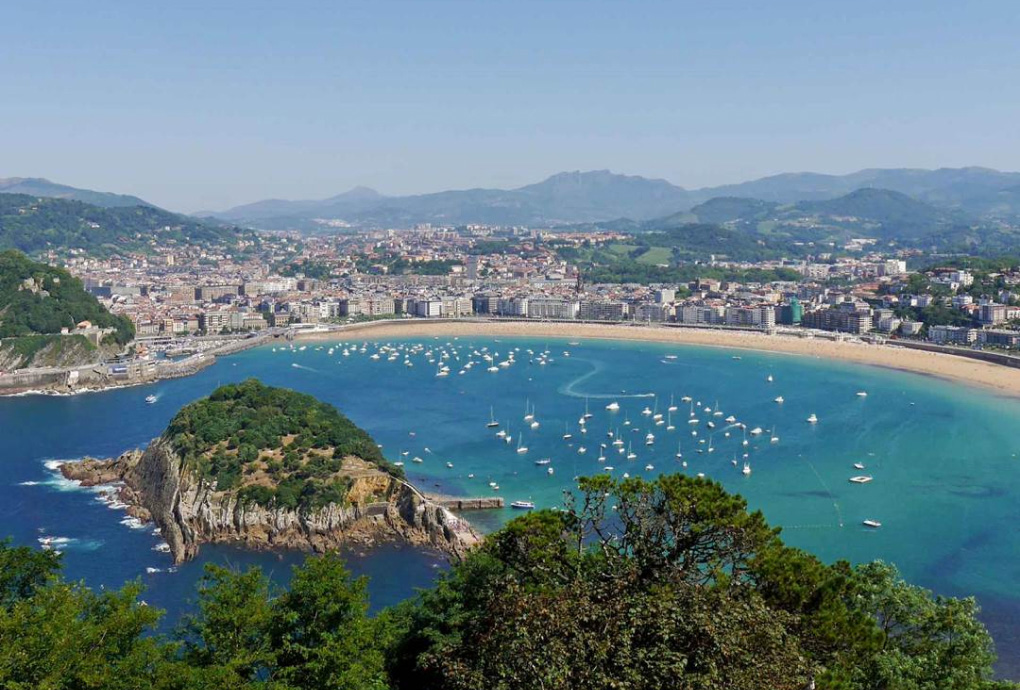
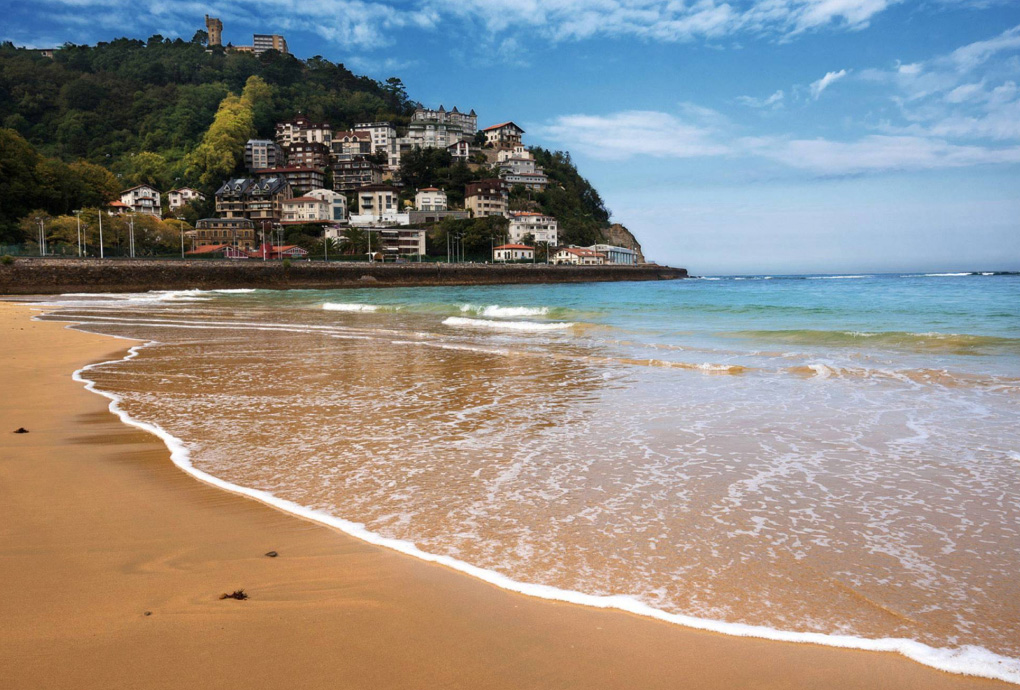
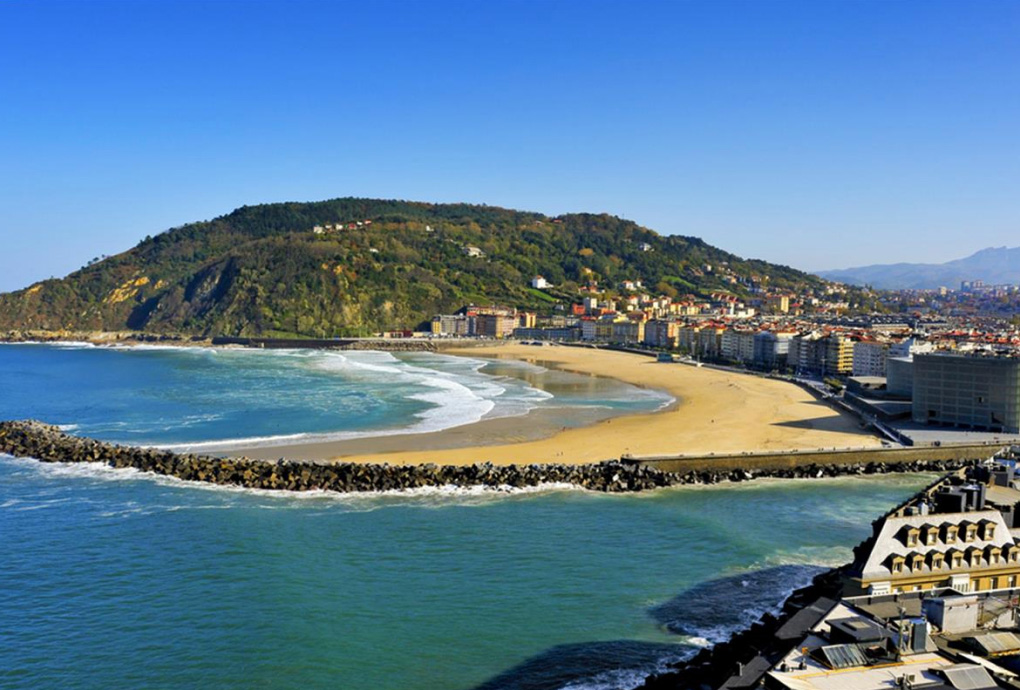
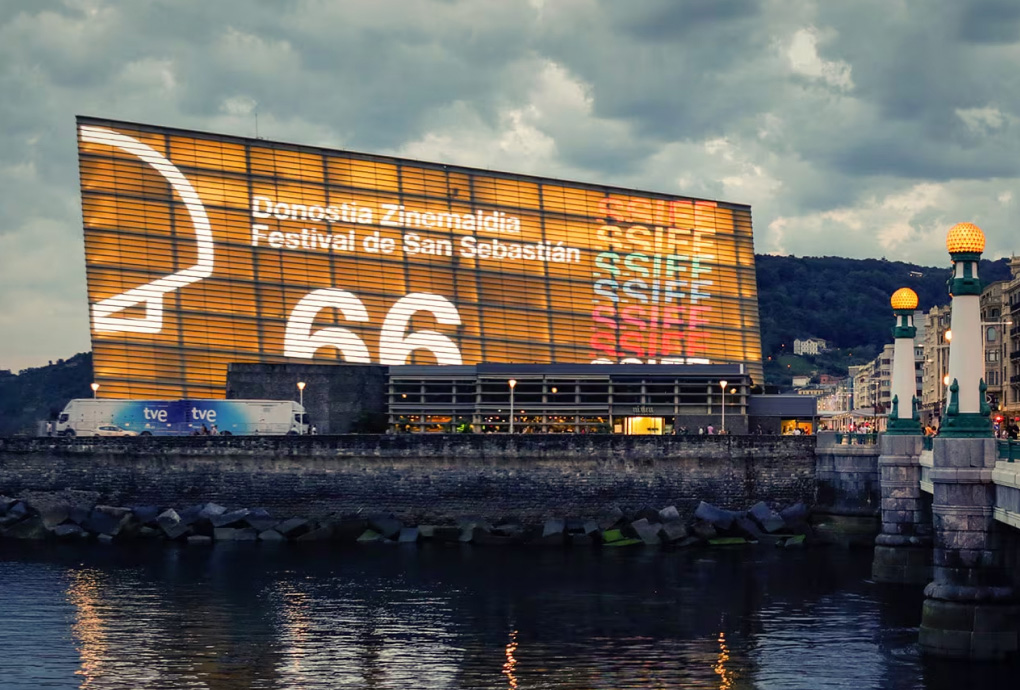
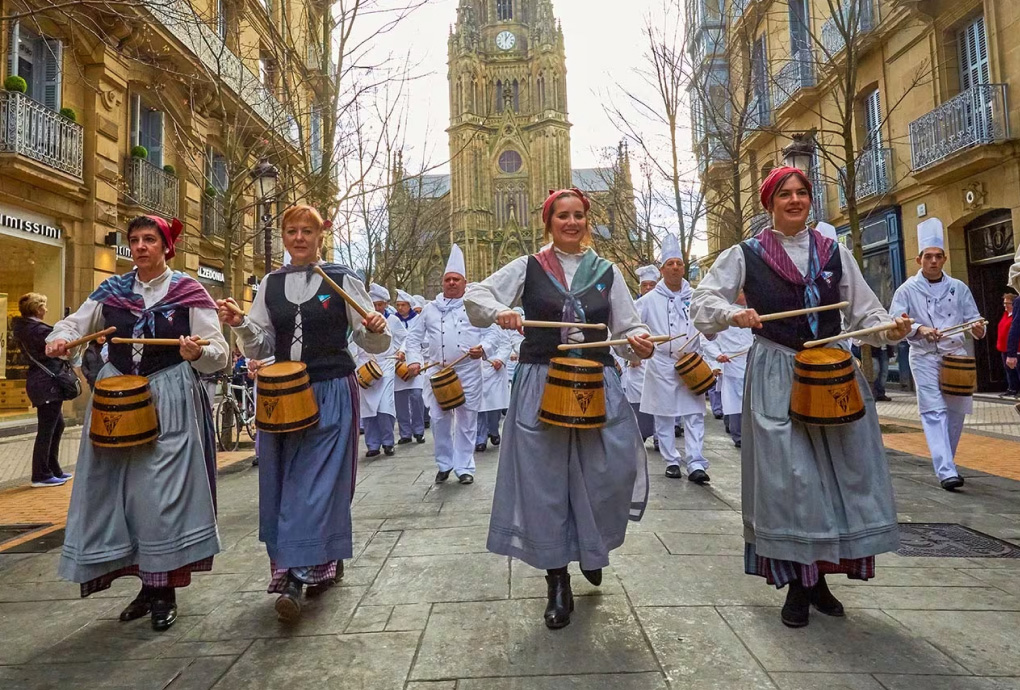
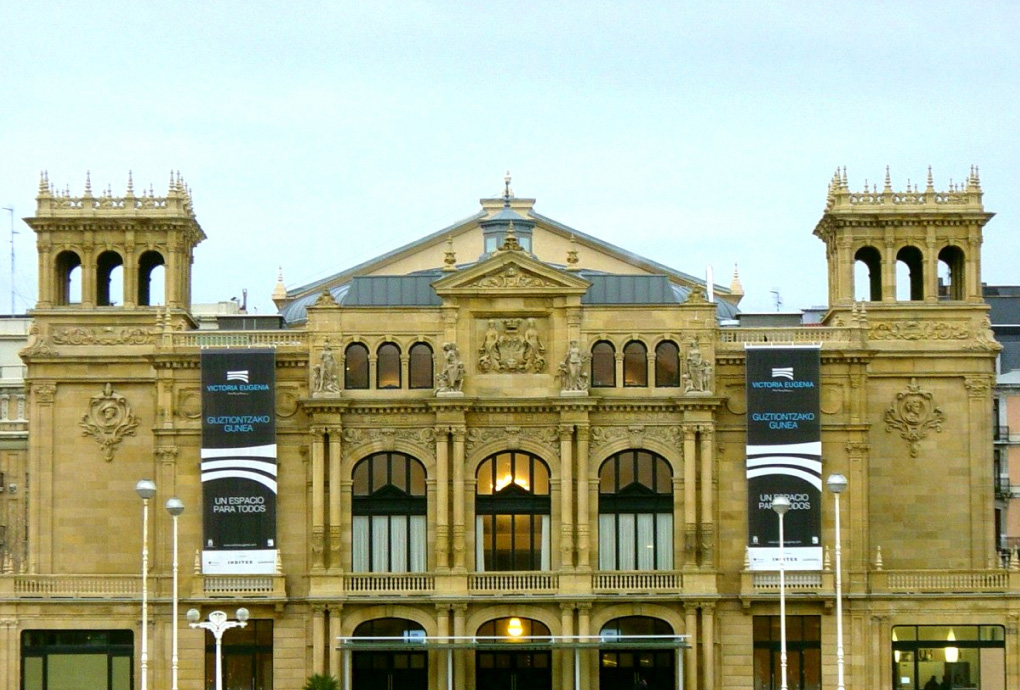
San Sebastian and its local traditions
San Sebastian’s traditions include rural sports, Basque music, dance, literature and cinema, and bertsolaritza, which is the improvisation of a sung verse. There are also more modern cultural attractions, such as the San Sebastian International Film Festival, along with other artistic festivals. San Sebastian is both traditional and avant-garde, and was designated European Capital of Culture in 2016.
An incredible culinary culture
San Sebastian is one of the gastronomic capitals of the world: from colourful pintxo bars to one of the highest concentrations of Michelin Stars per capita. It is here that the concept of pintxos, typical food throughout the Basque Country, was born, consisting of culinary miniatures, from a slice of bread covered in food, to small creations of miniature haute cuisine. In Donostia, it’s good to eat well.
